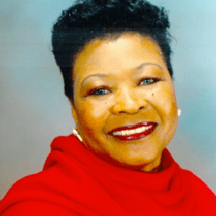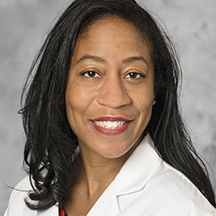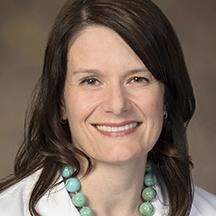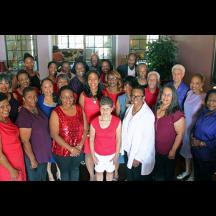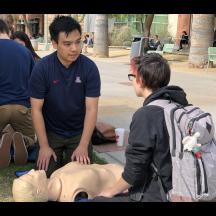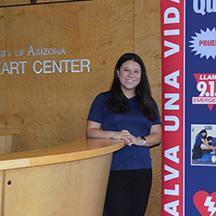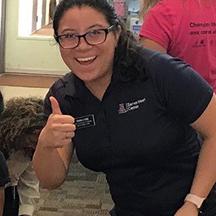In The News
07/27/2020
To encourage minority populations to participate in clinical trials, they must be ethically sound, with education and respect for the privacy rights of all participants, writes Wanda F. Moore, chair of the Sarver Heart Center Minority Outreach Program.
07/21/2020
The process of allocating heart therapies is biased. It's a structural problem. Dr. Khadijah Breathett invites clinicians to work on the structural solutions.
04/24/2020
During the COVID-19 era, Dr. Elizabeth Juneman writes about the compassionate charge heart failure specialists need to advance as they care for some of the most frail patients. Read her "On My Mind" column in Circulation: Heart Failure.
02/25/2020
"I knew that cardiovascular disease was devastating communities of color at a young age. It was and remains my calling to use medicine and research to change the statistics," said Dr. Khadijah Breathett in Forbes.
01/21/2020
High school seniors across Arizona will have to know how to perform “Chest-Compression-Only” CPR as a requirement for graduation. “This new law came up suddenly, with the state leaving schools scrambling to comply without providing any resources. That’s why it’s so valuable for schools to have organizations like Sarver Heart Center ... to turn to for help.”
11/11/2019
“African-American race negatively influenced the decision-making process for heart transplants, especially during discussions among health care providers,” said lead author Khadijah Breathett, MD, MS, an assistant professor of medicine and advanced heart failure/transplant cardiologist at the University of Arizona’s Sarver Heart Center. “Since advanced therapy selection meetings are conversations rather than surveys, race may contribute significantly to treatment recommendations.”
09/09/2019
Dr. Khadijah Breathett, assistant professor of medicine at UA College of Medicine - Tucson and Sarver Heart Center, reported that black women in the U.S. have the highest rate of high blood pressure compared to other racial/ethnic groups and sexes; also women receive fewer heart transplants despite having higher rates of heart failure.
08/26/2019
While Arizona requires high school students to learn CPR, it doesn't require teachers to be trained. Erika Yee, University of Arizona Sarver Heart Center health education assistant, tells her story of saving the life of a bandmate in high school and informs people about the training resources available on UA Sarver Heart Center's "Learn CPR" webpage: https://heart.arizona.edu/heart-health/learn-cpr
08/09/2019
In the United States, 84 million people, 1 in 3 adults, have prediabetes and 9 out of 10 are unaware. That is more than 76 million people who could take steps to reduce their risks, if only they knew, writes Kelly Palmer, MHS, CCRP, in a Healthy Dose blog.
08/05/2019
Erika Yee, Sarver Heart Center's health education assistant, has taught chest-compression-only CPR to more than 4,500 people during the 2018-2019 academic year. She also made training materials more accessible by collaborating with other organizations. These include materials in Spanish and American Sign Language.


